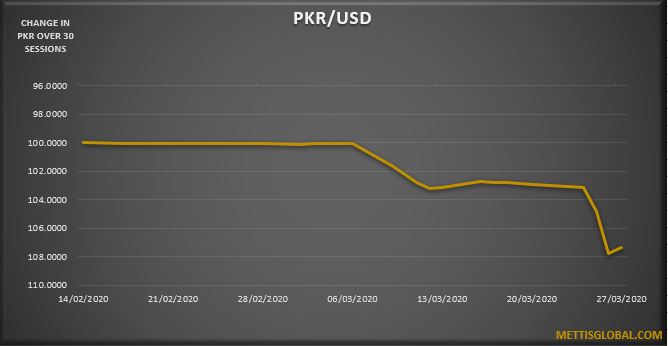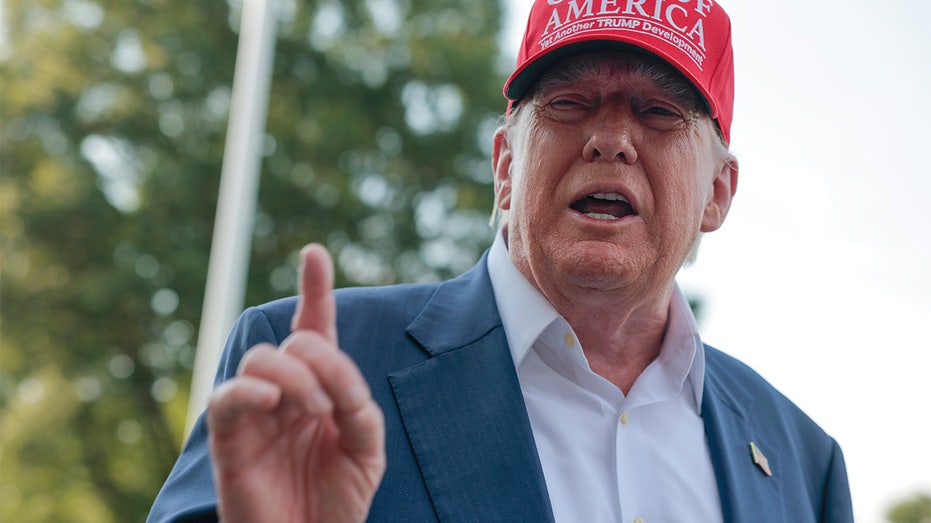ECB set to boost stimulus to fight second wave of virus: analysts

By MG News | December 10, 2020 at 09:26 AM GMT+05:00
December 10, 2020: The European Central Bank is expected Thursday to unleash more stimulus to help shore up a eurozone economy devastated by the coronavirus pandemic, analysts said, in a move eagerly awaited by financial markets.
The Frankfurt institution already has a 1.35-trillion-euro ($1.6-trillion) emergency bond-buying programme in place, but ECB chief Christine Lagarde all but promised in October that extra support was on the way.
Just how urgent that help was would likely be borne out by a fresh set of economic forecasts that the ECB is due to publish, central bank watchers suggested.
In September, the ECB had been pencilling in quarter-on-quarter growth of 3.1 percent in the final three months of 2020.
But that prognosis is likely to be downgraded after a surge in virus cases necessitated renewed restrictions across Europe.
The prospect of imminent mass vaccinations could temper the gloomy outlook for 2021, as could the possibility of the EU overcoming vetoes by Poland and Hungary on the pandemic recovery fund.
But with the jury still out on whether a post-Brexit trade deal can be found before a year-end deadline, the economic prospects for the 19-country single currency area are still anything but certain.
"In view of the second wave of infection and the renewed contraction of the euro economy, the ECB will do everything possible to keep financing conditions very favourable," said an economist at German state-owned investment bank KfW, Fritzi Koehler-Geib.
Any additional stimulus would be "awaited almost as eagerly as the Santa Claus," she said.
- Stubbornly low inflation -
Even before the start of the pandemic, the ECB had been providing massive stimulus to the eurozone economy, with the aim of keeping borrowing costs low to encourage spending and investment.
That would bolster economic growth and lift stubbornly low inflation to the ECB's target of close to, but just under 2.0 percent.
Despite such measures, official data showed that eurozone inflation remained stuck at -0.3 percent in November, the fourth consecutive month of falling prices.
Since the pandemic wiped billions off companies' balance sheets and left entire sectors such as the travel industry dependent on state aid, the ECB has come to the rescue again with its massive Pandemic Emergency Purchase Programme.
At the meeting on Thursday -- the last in what has been an extraordinary year -- observers expect ECB governors to hold interest rates at historic lows, but possibly top up and extend PEPP.
Analysts suggested add another 500 billion euros could be added to the programme and the current expiry date of June 2021 could be extended by between six and 12 months.
Furthermore, the bond-buying programme could be made more flexible by including debt issued by so-called "fallen angels" -- companies that were once regarded as financially healthy, but whose activity, and therefore debt rating, has been downgraded because of the fallout from the pandemic.
- Final move? -
The ECB could also offer more ultra-cheap credit for longer under a scheme known as TLTROs, in which banks get loans at highly favourable interest rates in return for lending on to the wider economy.
Nevertheless, ING bank economist, Carsten Brzeski, believed that any new stimulus measures would mark the ECB's "final move" in pandemic support.
"The eurozone economy needs fresh support to get through the second lockdown and to start a recovery next year. However, this is not a crisis in which monetary policy is the main actor but fiscal policy," he said.
"The ECB is very well aware of this situation and knows that excessive new monetary stimulus will hardly be a gamechanger for the economy," he noted.
Therefore, "while (remaining) vague enough to keep the door open, Christine Lagarde will try to signal... that this new round of monetary action will really be the last one," Brzeski said.
AFP/APP
Related News
| Name | Price/Vol | %Chg/NChg |
|---|---|---|
| KSE100 | 130,970.86 47.86M |
0.22% 284.20 |
| ALLSHR | 81,534.62 251.76M |
0.28% 229.37 |
| KSE30 | 40,043.07 24.35M |
0.24% 97.62 |
| KMI30 | 191,034.99 27.96M |
0.18% 336.93 |
| KMIALLSHR | 55,122.00 121.64M |
0.09% 47.85 |
| BKTi | 34,802.07 3.78M |
0.68% 233.67 |
| OGTi | 28,579.98 2.26M |
-0.55% -159.37 |
| Symbol | Bid/Ask | High/Low |
|---|
| Name | Last | High/Low | Chg/%Chg |
|---|---|---|---|
| BITCOIN FUTURES | 109,825.00 | 110,525.00 109,600.00 |
-590.00 -0.53% |
| BRENT CRUDE | 68.61 | 68.89 68.42 |
-0.19 -0.28% |
| RICHARDS BAY COAL MONTHLY | 97.50 | 0.00 0.00 |
-0.75 -0.76% |
| ROTTERDAM COAL MONTHLY | 108.45 | 109.80 108.45 |
-0.55 -0.50% |
| USD RBD PALM OLEIN | 998.50 | 998.50 998.50 |
0.00 0.00% |
| CRUDE OIL - WTI | 66.90 | 67.18 66.72 |
-0.10 -0.15% |
| SUGAR #11 WORLD | 16.37 | 16.40 15.44 |
0.79 5.07% |
Chart of the Day
Latest News
Top 5 things to watch in this week
Pakistan Stock Movers
| Name | Last | Chg/%Chg |
|---|
| Name | Last | Chg/%Chg |
|---|




 FX Reserves
FX Reserves
 CPI
CPI